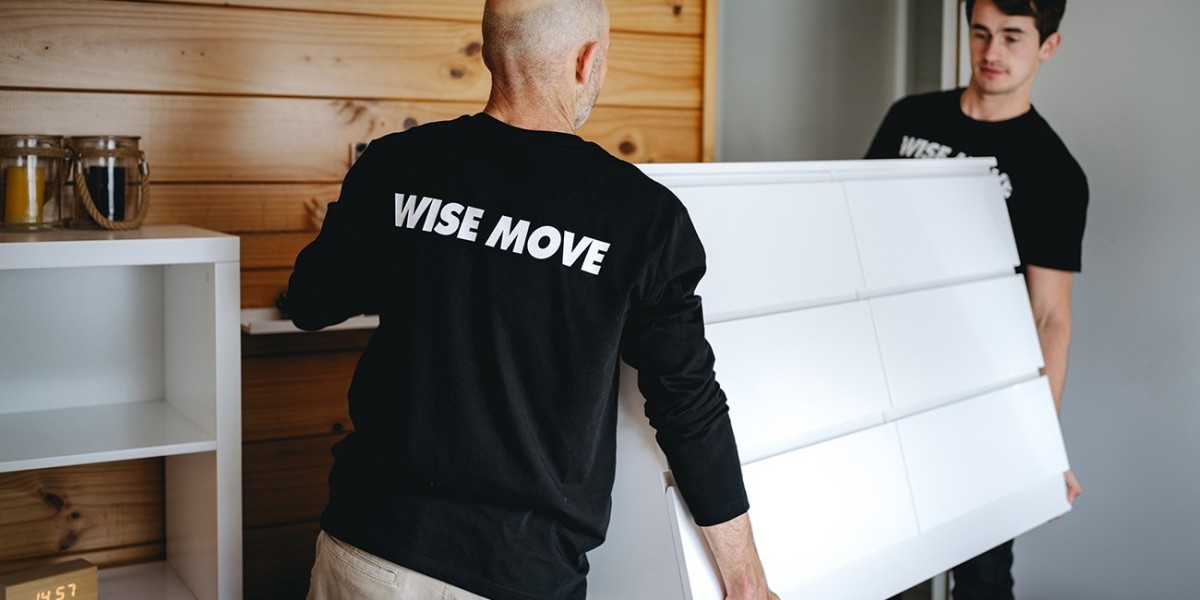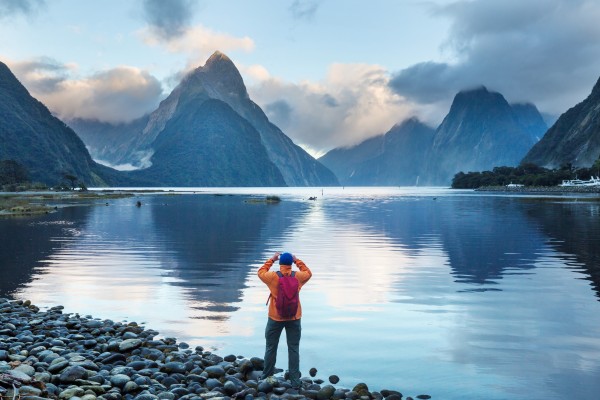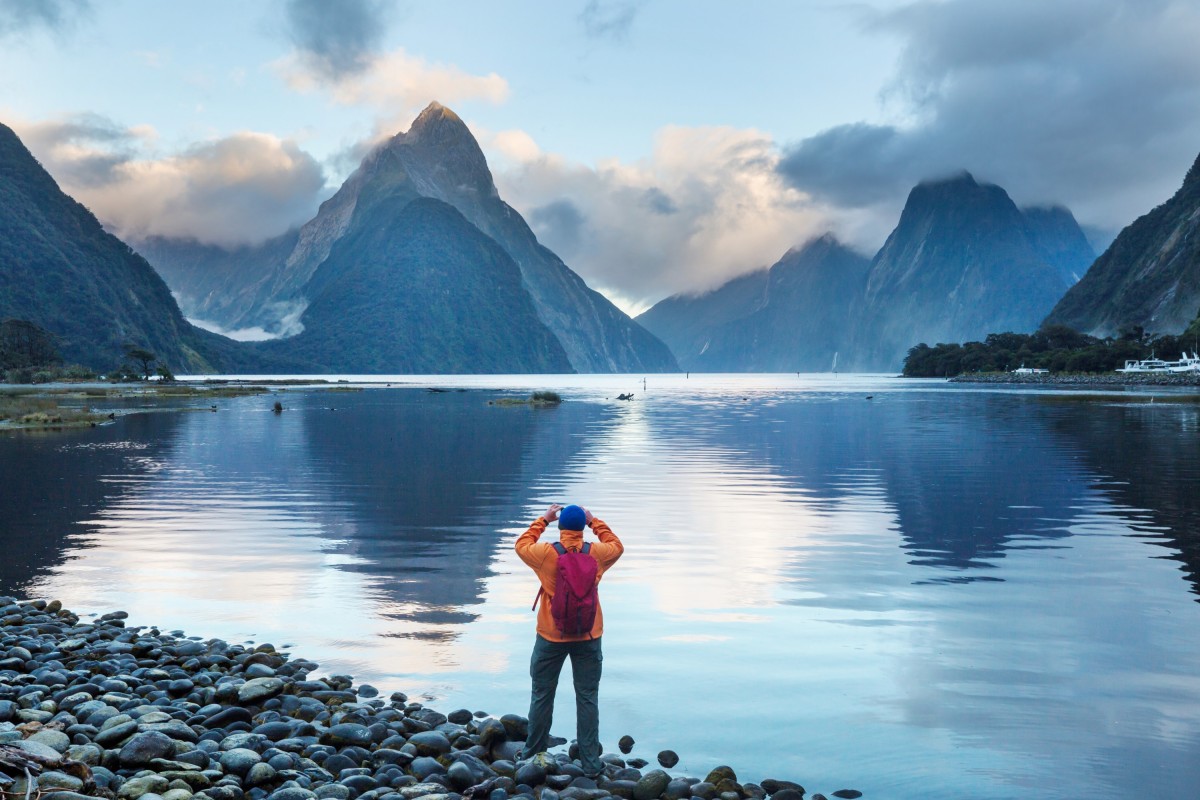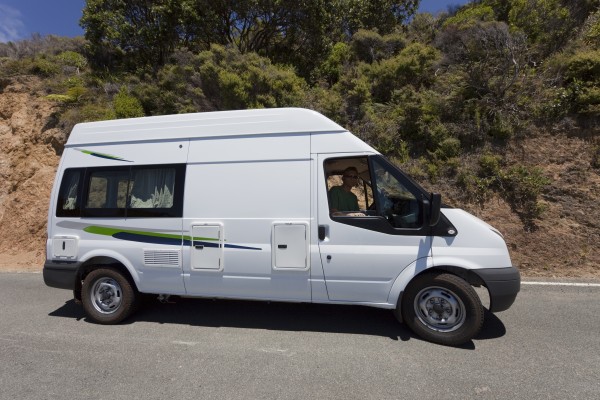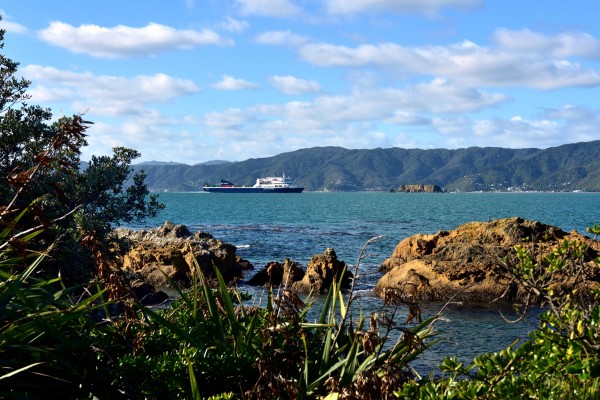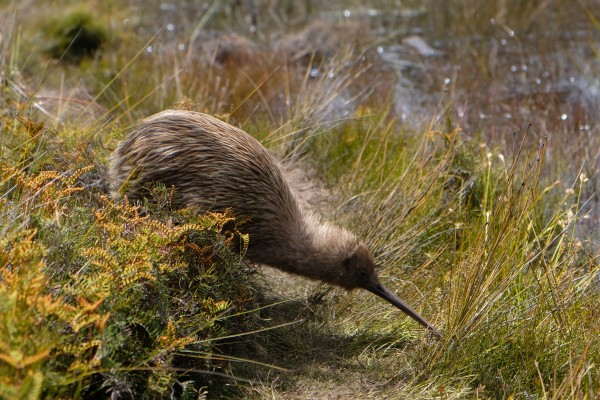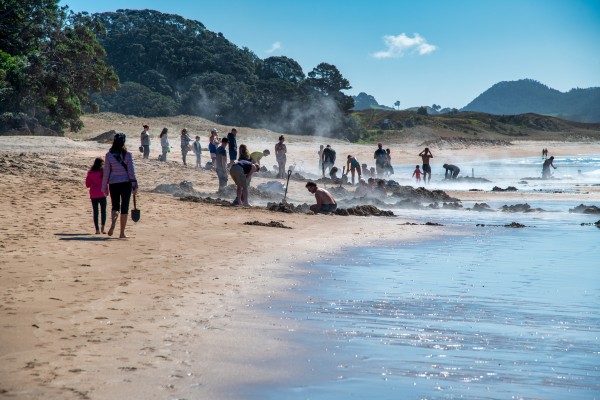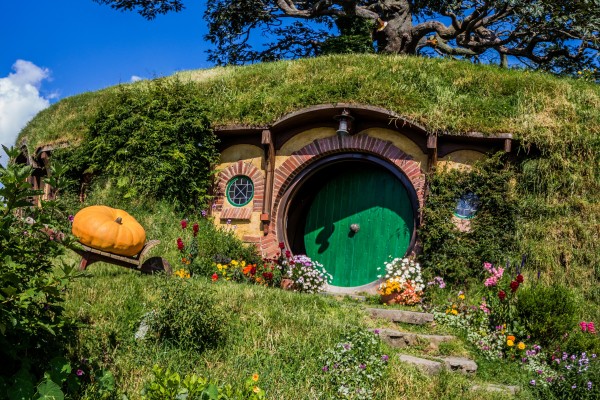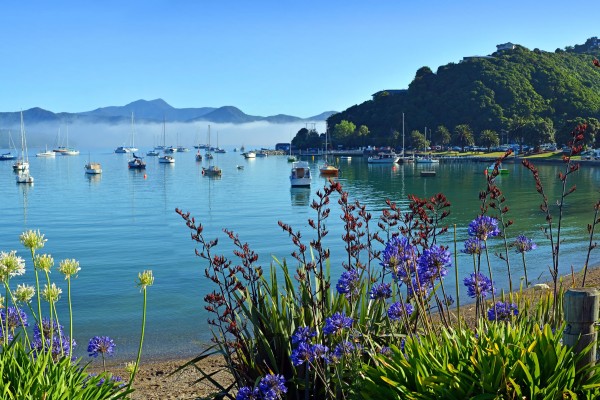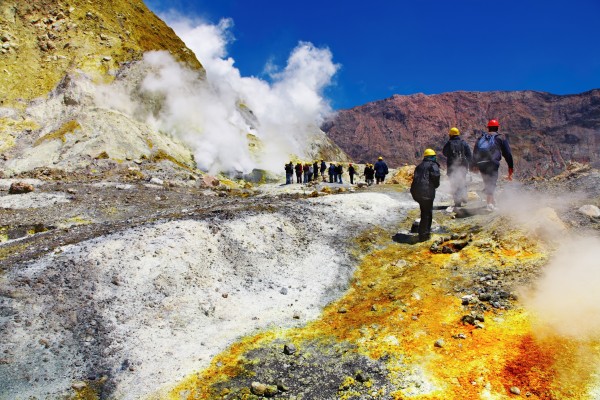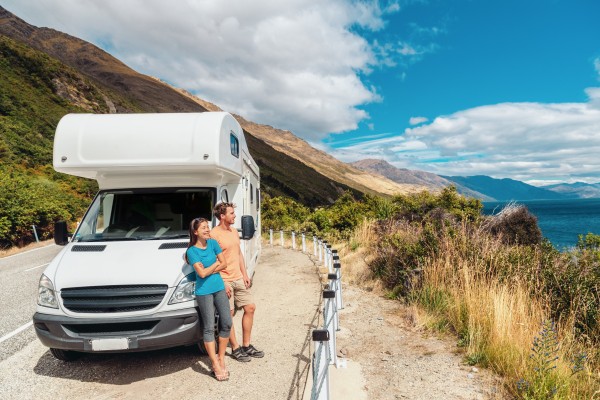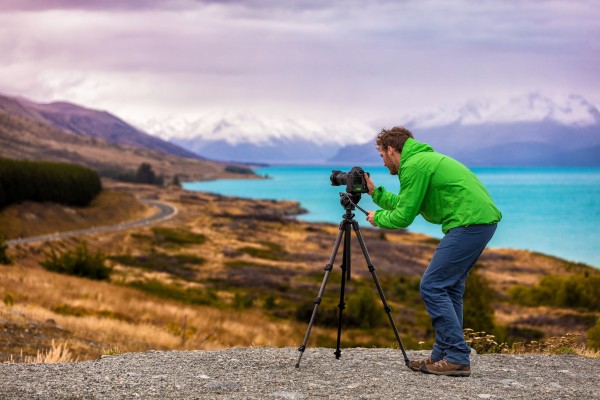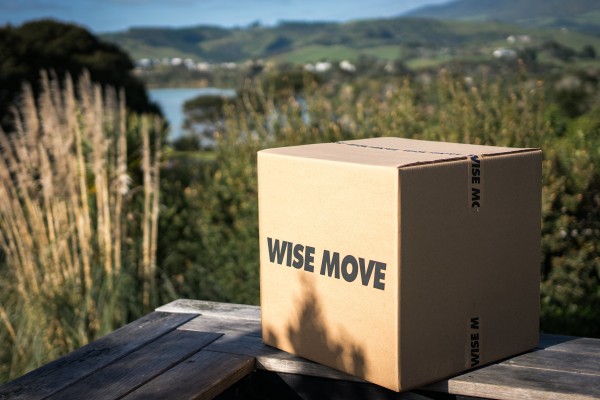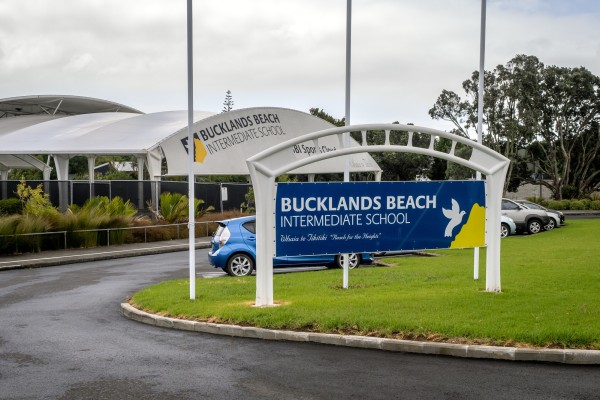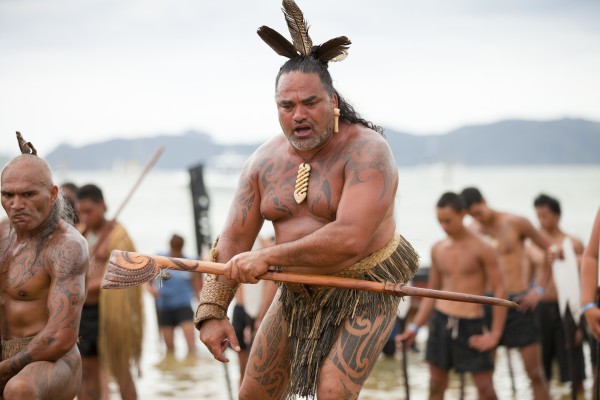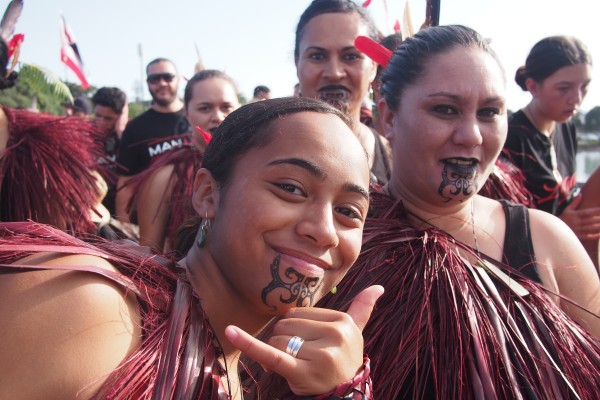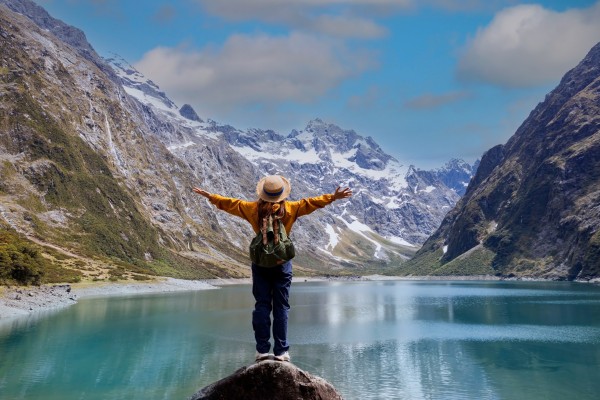How to responsibly freedom camp in New Zealand
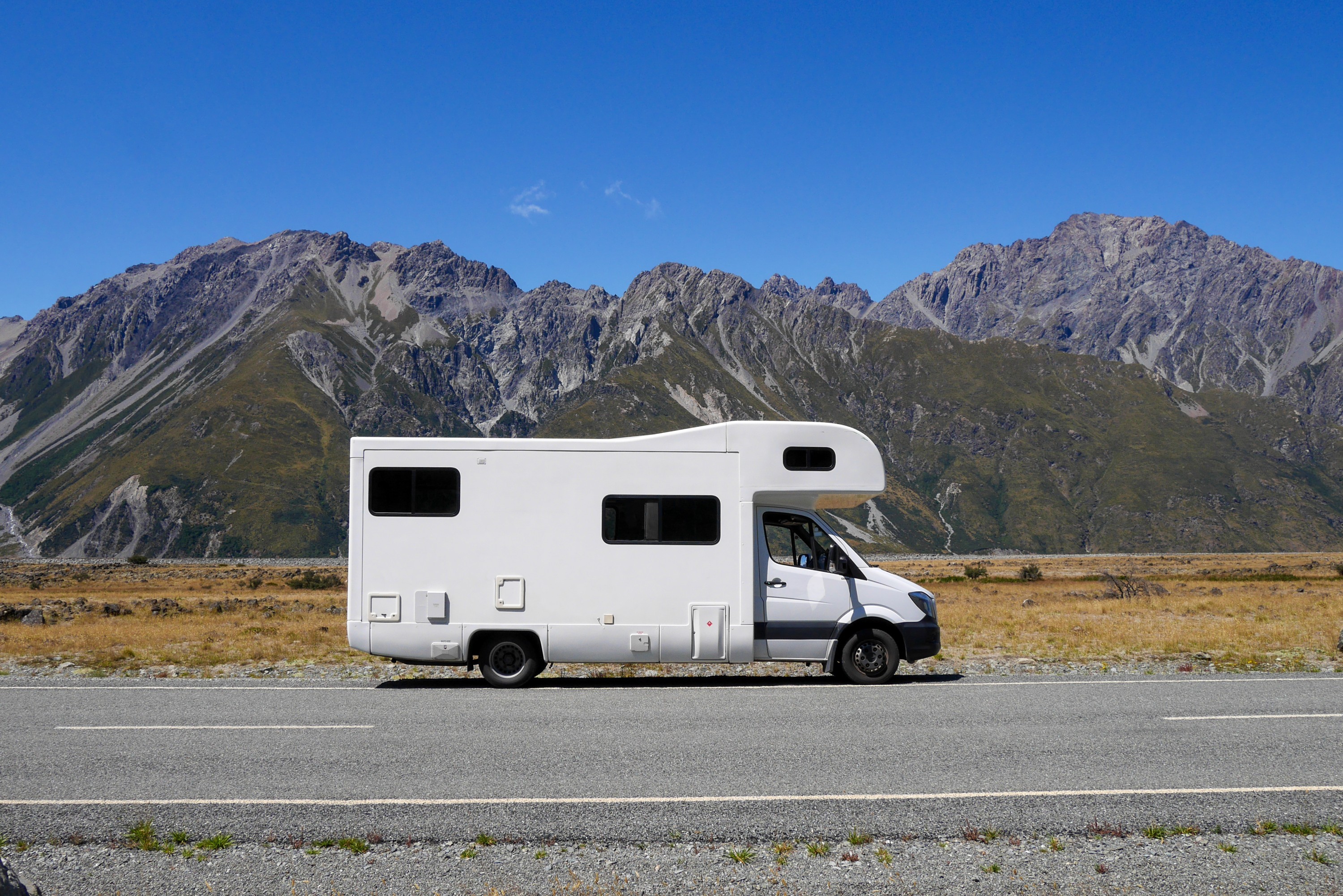
New Zealand is the perfect location for freedom camping. There are miles of untouched rugged coastlines, gravel roads that lead to isolated beaches, and plenty of off-the-beaten-track spots to explore. But before you set off in your camper to explore the far-flung reaches of Aotearoa, there are some things you need to know.
New Zealand is a beautiful country full of pristine waterways, crystal clear lakes and untouched shores. In order to keep it that way, it’s important that freedom campers follow a few rules so that people can continue to enjoy this land untouched.
What is freedom camping?
Freedom camping is camping on public land rather than in a holiday park, commercial or government-run camping ground. While freedom camping is legal in New Zealand, some rules and regulations differ from region to region. In busy freedom camping areas, rules are often strictly enforced.
Most freedom camping in New Zealand is limited to self-contained vehicles. This includes camper vans and motorhomes with certified self-contained toilets or portable toilet facilities. To avoid getting a fine or being asked to move, it’s important that you plan your freedom camping trip ahead of time.
The good news is New Zealand has a vast network of camping facilities from Cape Rianga to Bluff. From commercial camping grounds to government-run grounds run by the Department of Conservation, there are plenty of options.
Things to know before you freedom camp in New Zealand
Camping at a DOC site might not fit into some people’s criteria of freedom camping. In New Zealand, The Freedom Camping Act defines it as staying overnight in a public area other than a managed campsite. As DOC campsites are unmanaged (although a park ranger will usually visit once every few days to collect fees), they do fall under the category of freedom camping.
Freedom camping doesn’t mean you can drive up to your favourite spot and park your camper. Some approved freedom camping sites will include car parks, parking lots, grassy patches of conservation land, public reserves on the edge of a town, and sports fields.
Where can I freedom camp in New Zealand?
DOC Campsites
DOC has basic campsites all around New Zealand, many of which have basic facilities. You can check the Department of Conservation website to plan your trip.
Areas with freedom camping signage
The most common type of freedom camping allowed in New Zealand is in a self-contained vehicle. Look out for blue signs with a picture of a camper and toilet sign on it.
Backpackers, scenic reserves and approved sites
It is possible to freedom camp in a tent in New Zealand. However, most of the time, you’ll need to stay in an approved site, such as a reserve or domain with close access to toilets, rubbish bins and other facilities. The Rankers website makes it easy to find a freedom camping location near you.
How do I know if my vehicle is self-contained?
The national standards for self-contained campers changed in 2018. Motorhomes and caravans must be certified self-contained (CSC) to stay in freedom camping sites where self-containment is required. Basically, you’ll need the facilities to spend three days without dumping waste or collecting additional water.
Your vehicle must have:
-
freshwater storage
-
wastewater storage
-
a rubbish bin with a lid
-
A toilet for use inside
What happens if I don’t stick to the rules for freedom camping in New Zealand?
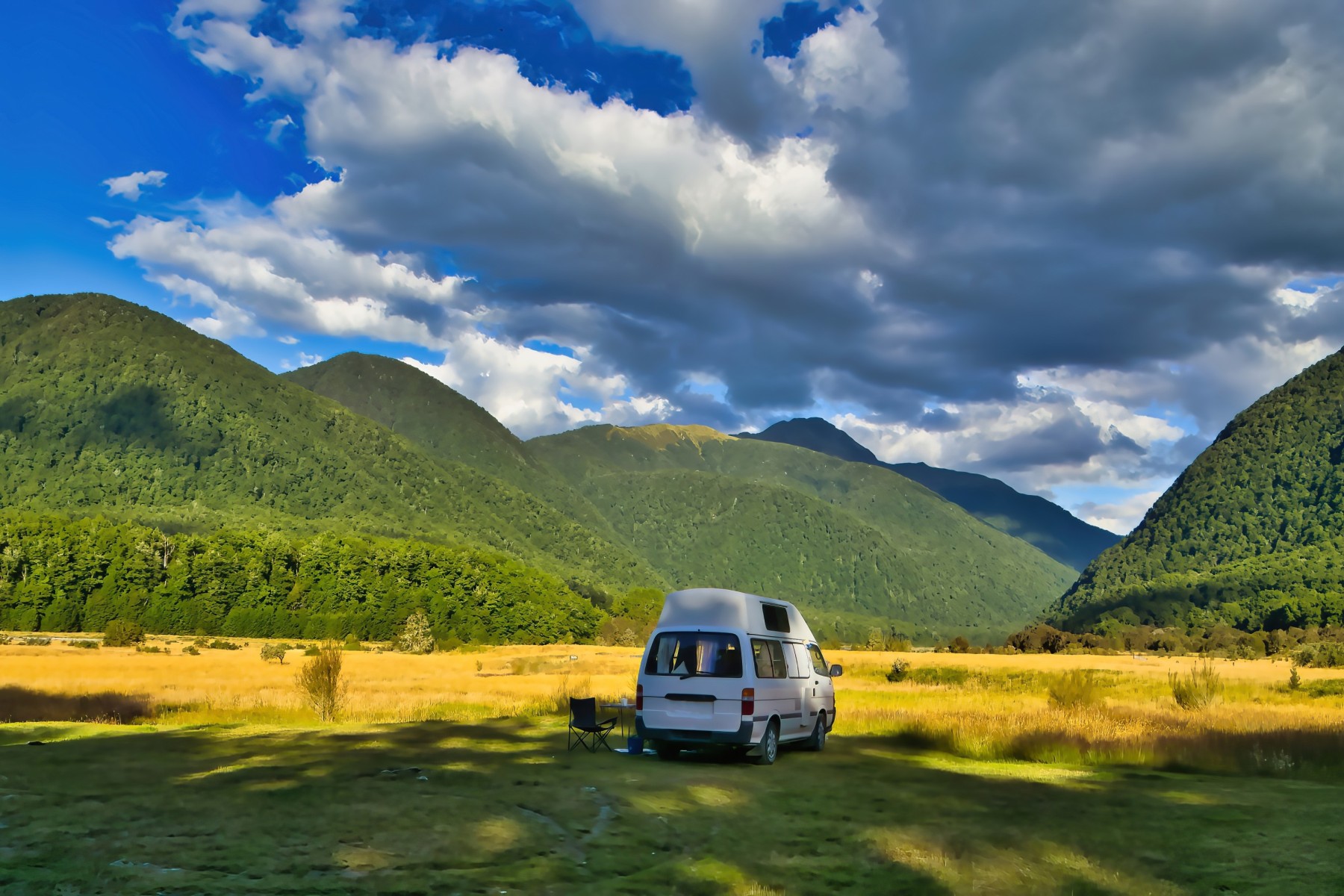
The Freedom Camping Act of 2011 gives local councils and authorities permission to enforce bans on freedom camping in certain areas. You may find that some freedom camping spots have limits on the number of vans or vehicles that can stay overnight. Or, they may require you to move your motorhome between certain hours, so that locals and other tourists can enjoy these spots during the day.
Failure to comply with the Freedom Camping Act and any rules set out by local authorities could result in being asked to move on or a $200 instant fine or fine of up to $10,000 if you:
-
Camp somewhere freedom camping isn’t allowed
-
Damage the area
-
Dispose of waste in the environment
-
Refuse to move after being asked
Why are there so many restrictions on freedom camping in New Zealand?
There are a few reasons there are restrictions on freedom camping in New Zealand.
-
New Zealand is known for its pristine environment. Without properly enforced rules, things like human waste, toilet paper, soap and dishwashing liquid, food scraps and other nasty things spoil untouched areas and prevent other travellers and locals from enjoying them.
-
Unfortunately, other travellers have already eroded some of the trust of New Zealand that freedom campers can no longer enjoy. There has been a history of freedom campers leaving behind rubbish and waste behind.
-
The New Zealand government and DOC have a responsibility to protect endangered and endemic flora and fauna in New Zealand.
-
Locals and other tourists need to be able to access the same parking spots, picnic areas and wild spaces as freedom campers. These rules keep it fair for everyone.
-
A range of government organisations have adopted the ‘Tiaki promise’ which is founded on Kaitiakitanga (guardianship), which is a commitment to the sustainable management of our land for current and future generations.
Can I freedom camp with dogs?
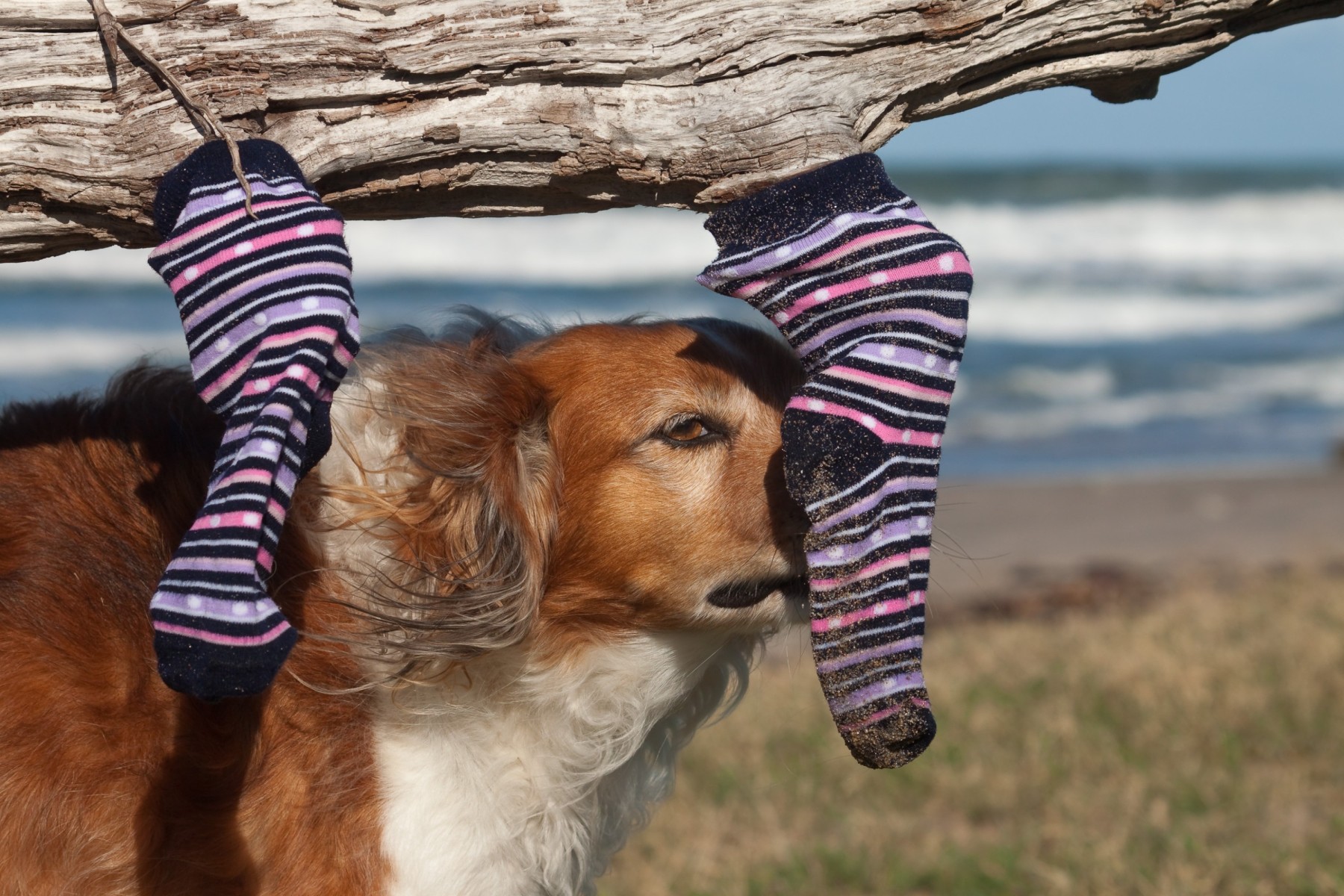
Dogs are prohibited from national parks in New Zealand. Dogs are a particular problem for local Kiwi populations. The best way to know if you can freedom camp with dogs is to check the area you wish to go to before you arrive. Alternatively, you can stay in a dog-friendly camping ground or caravan park.
What is the best way to freedom camp in New Zealand?
The best way to freedom camp in New Zealand is definitely in a self-contained camper. You’ll have more options for staying in wild, isolated locations. However, New Zealand has lots of DOC-run camping grounds, often situated in stunning locations.
Depending on what time of year you go, you can often avoid the crowds and many other campers. You’ll still need a tent and all your usual freedom camping equipment. However, most of these camping sites have long-drop toilets and access to fresh drinking water.
What is the best way to plan my freedom camping trip in New Zealand?
One of the best ways to plan your freedom camping trip is to choose a location you wish to visit and then search for freedom camping locations nearby. Freedom camping without planning can be risky as you may stay somewhere that does not allow overnight camping. Helpful websites include:
-
Department of Conservation
-
Local government authorities
-
Travel blogs
-
Rankers
-
Wilderness NZ App
-
Campermate App
-
iSite Visitor centres
What other ways can I responsibly freedom camp in New Zealand?
When freedom camping in New Zealand always:
-
Take food and rubbish scraps with you
-
Only dispose of waste in proper facilities
-
Follow the local freedom camping rules
-
Pay any fees or donations for staying on DOC land
-
Don’t empty dirty water into waterways, streams or drains
-
Check the weather before you stay somewhere remote
-
Stock up your vehicle so that you can be self-sufficient
-
Lock your doors at night and limit the number of valuables you take
What do our customers say?




For every (wise)move

